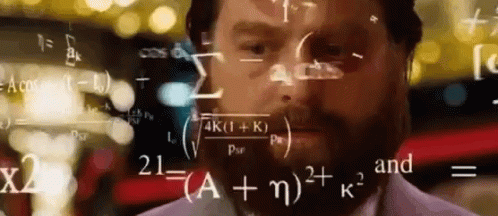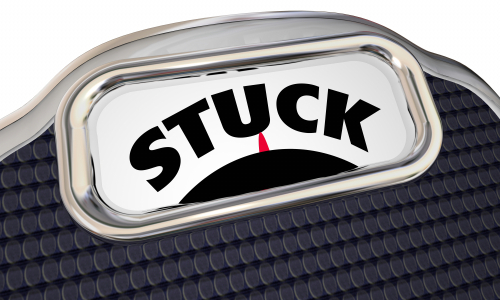When people are trying to lose excess weight, they usually put a few things into action to make it happen – like ramping up their exercise or changing what they eat. This is a good approach and it will work… but sometimes it backfires when done incorrectly. In this situation, many people think that to get the results they want they need to eat less than they usually do. BUT, are you really eating enough to lose any weight at all?
Here’s the main takeaway: Cutting too many calories may actually have the opposite effect you’re looking for when trying to lose weight!

You see, your body is very good at monitoring how many calories you’re eating and burning. Eat too many calories, and it stores the excess as fat. Eat too little over an extended period of time… and your body rebels. When this happens, your body may send signals to your brain to stimulate your appetite and can actually encourage you to eat. Or it may down-regulate your metabolism – making it harder to burn stubborn fat and lose weight.
Why this happens
When your calorie intake is too low for an extended time, your body tends to conserve fat and burn muscle for energy – leading to a slower metabolism and higher body fat levels.
This is why it’s so important to maintain the right amount of calories (eating enough) to continue to fuel your weight loss.

Anything less than 1200-1500 calories for females or around 2000 calories for males may not be enough to fuel your activity and the different metabolic processes going on inside your body.
If you’re looking to lose weight and you think cutting your calories even lower than they already are will work, there’s a good chance you’re going to be frustrated with your results.
What to do
Instead of tracking the amount of calories you eat, always include a lean protein, an easily digestible carb and some healthy fats with each meal. Concentrate on eating good, whole, healthy foods at each meal. Watch your portions, but don’t starve yourself or skip meals. Doing so will help you maintain a healthy calorie level (therefore encouraging more fat loss) and will help keep cravings and hunger feelings away.
So, yes, it may seem counterintuitive, but you do need to EAT to lose weight. The trick is finding the right balance for you – eating enough to fuel your body, but not so much that your body stores excess calories.

Today we talked about how cutting too many calories can have the opposite effect you’re looking for when trying to lose weight. Yes! You do need to make sure you eat enough to fuel your body for the day. Next week, we’ll be sticking to this topic, debunking a common myth that many people have about calories.
Want to read more about how you can improve your nutrition?
How to Lose Weight with Seasonal Vegetables
Nutrition Habits – Dr. Mike’s 6 Pillars of Nutrition

